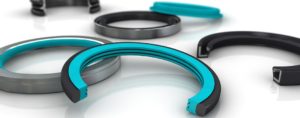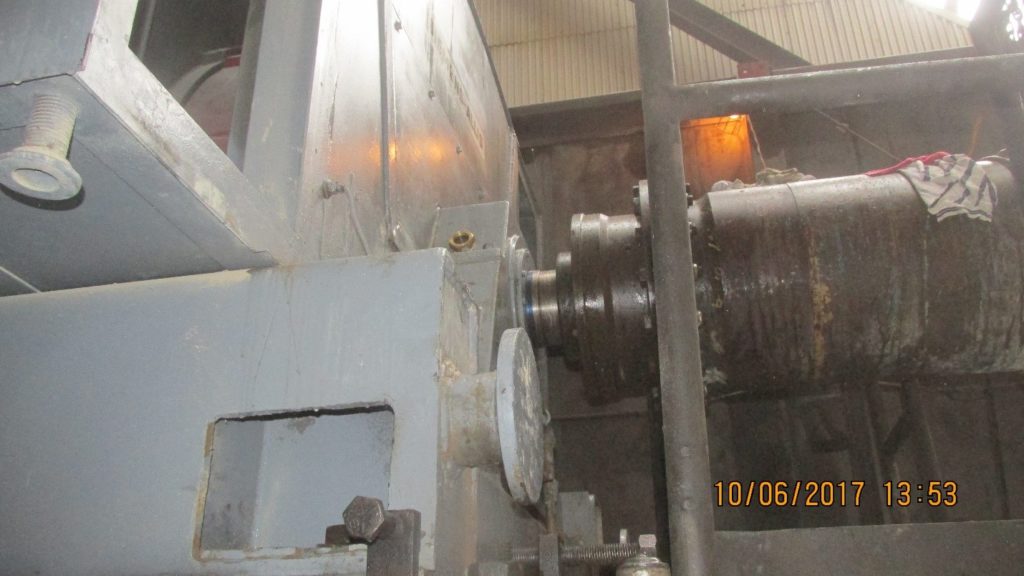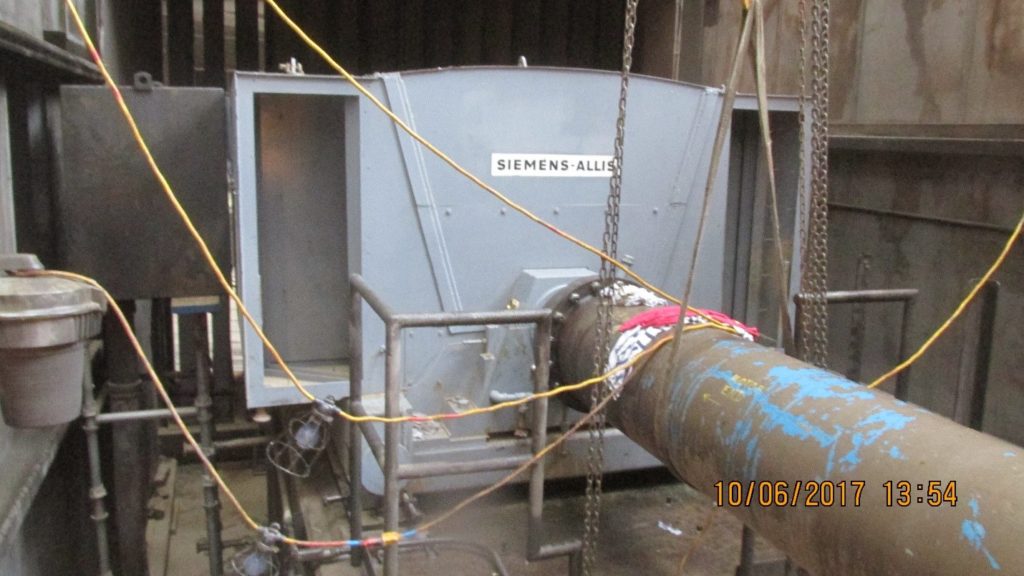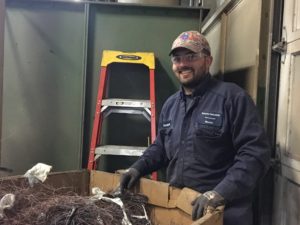I’m sure the first thing you are wondering is “What is an A.M.P Specialist?” Terry oversees our asset management program for customers, meaning their equipment that is stored and maintained at our facility.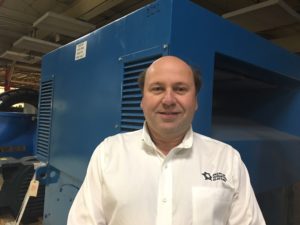
Born and raised in Decatur, Terry has been a member of our team for over a decade. He has a Bachelor’s degree in Marketing from Millikin University and previously worked for Morgan Products, LTD.
Terry does a fantastic job assisting our customers not only with the AMP program but also with new motor sales.
Outside of work Terry enjoys playing musical instruments, collecting and restoring sports cars, boating, skiing, boat racing and ice boating.
